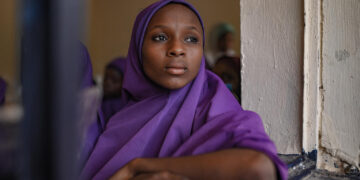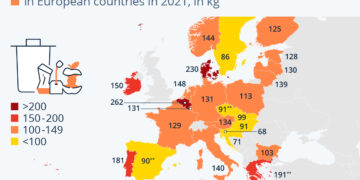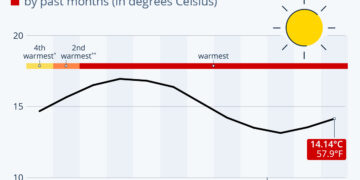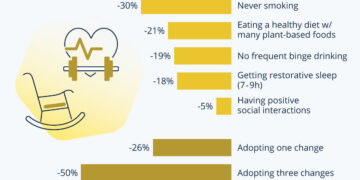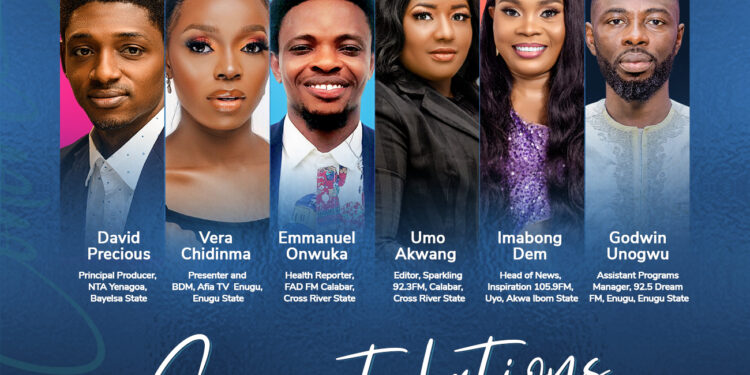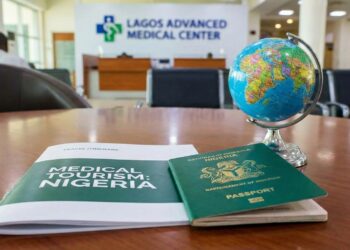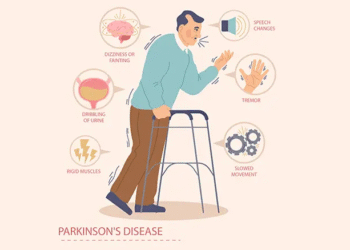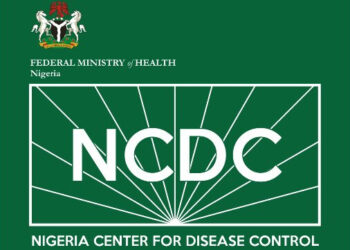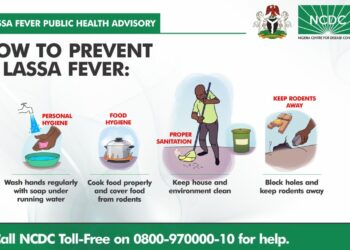As I reflect on my fellowship journey with , I am filled with gratitude for the opportunity to produce and host a transformative series focused on gender equality and women’s empowerment, creating a platform for crucial conversations about gender issues in Nigeria.
Our journey began with an exploration of girl child rights, where we confronted challenging realities of low school enrollment, sexual molestation, and teenage pregnancy. These discussions laid the groundwork for deeper investigations into systemic inequalities across various sectors. In sports, we revealed a stark disparity with 1.9 million fewer women than men participating regularly, highlighting issues of discrimination, inadequate facilities, and insufficient funding.
The political landscape proved equally challenging, with women’s participation at a mere 6.7% national average. However, our episodes didn’t just highlight problems; they showcased solutions and success stories. We explored how increased advocacy, media support, and capacity building could pave the way for greater female political participation.
In the technology sector, we examined how cultural and societal pressures create barriers for women entering the tech industry. Through discussions with industry leaders and advocates, we highlighted the importance of female role models, mentorship programs, and improved access to technology education.
One of our most impactful episodes focused on maternal health disparities, where we addressed Nigeria’s high maternal mortality rates and explored how technological innovations could improve healthcare access and outcomes. We also tackled media representation, revealing that only 25.7% of leadership roles in Nigerian media are held by women, while discussing how social media platforms are creating new opportunities for female voices.
The series culminated in examining workplace equality, where we found that despite women comprising 44.82% of Nigeria’s labor force, only 13.9% hold top management positions. We discussed the persistent 23% gender pay gap and explored solutions through policy implementation and support systems for working women.
Throughout this fellowship, we were privileged to feature diverse voices including religious leaders, educators, healthcare professionals, legal practitioners, and community advocates. Each guest brought unique insights and perspectives to our discussions, enriching the dialogue and providing practical solutions to the challenges faced by Nigerian women and girls.
Perhaps most encouragingly, we documented progress in certain areas, such as a 5% increase in successful prosecutions of child traffickers, demonstrating that positive change is possible with dedicated effort and focus.
This fellowship has been more than just a broadcasting opportunity; it has been a platform for advocacy, education, and social change. Through our weekly episodes, we’ve contributed to the larger narrative of gender equality in Nigeria, helping to shape public discourse and promote understanding of critical gender issues.
I am deeply grateful to Dataphyte for providing this platform and supporting this crucial work. The conversations we’ve started and the awareness we’ve raised will continue to resonate long after the fellowship’s conclusion. As we move forward, these discussions must evolve into action, creating lasting change for women and girls across Nigeria.
The journey toward gender equality is ongoing, but through initiatives like this fellowship, we move closer to a more equitable and inclusive society. The stories we’ve shared, the challenges we’ve highlighted, and the solutions we’ve explored serve as stepping stones toward this vital goal.

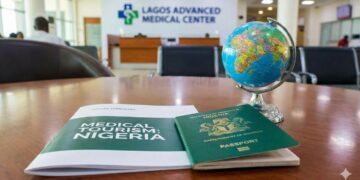
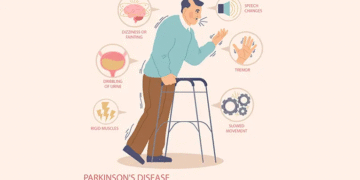

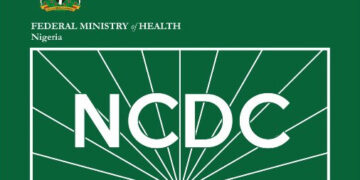
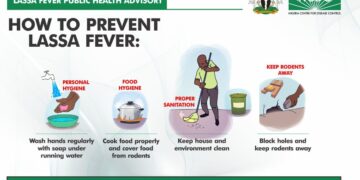



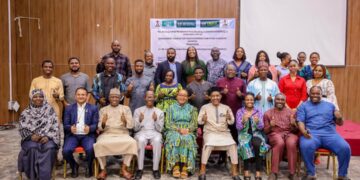


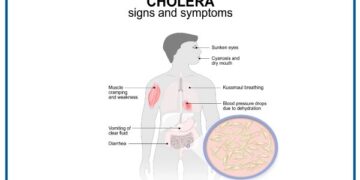
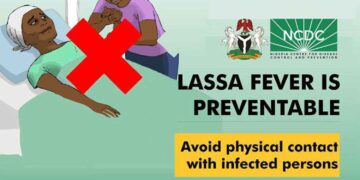




![Antimicrobial Resistance [AMR] in Hausa](https://healthtoday.com.ng/wp-content/uploads/2024/02/antimicrobial-resistance-AMR--360x180.jpeg)


